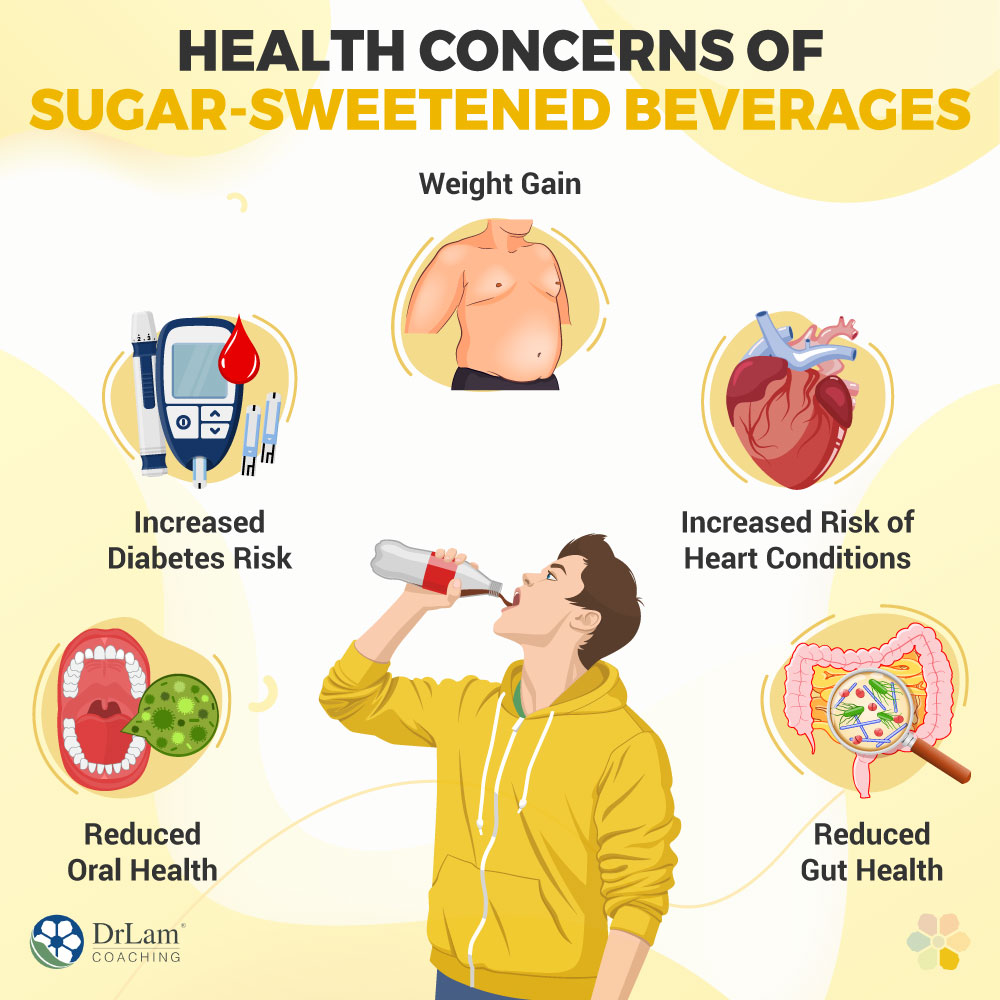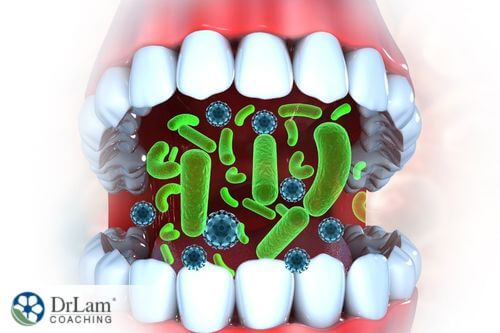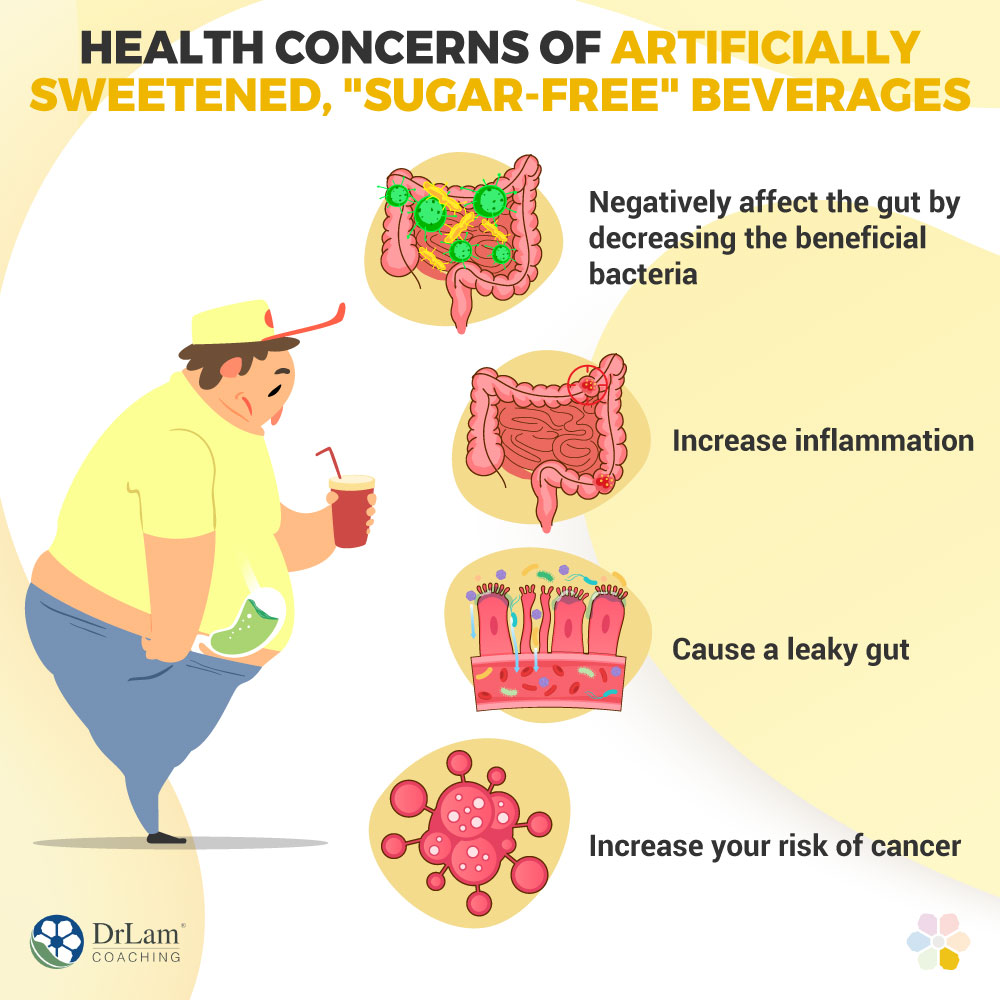 Soft drinks, juices, and sweetened dairy drinks are popular choices of beverages due to their availability and taste. An estimated 63% of adults in America have at least one of these drinks daily, with the statistics for adolescents closely behind. But while these beverages may be tasty, research suggests a link between them and many health concerns. This article will explore what sugar-sweetened beverages are and their health risks.
Soft drinks, juices, and sweetened dairy drinks are popular choices of beverages due to their availability and taste. An estimated 63% of adults in America have at least one of these drinks daily, with the statistics for adolescents closely behind. But while these beverages may be tasty, research suggests a link between them and many health concerns. This article will explore what sugar-sweetened beverages are and their health risks.
These beverages are liquids that are sweetened with sugars to enhance their flavor and shelf life. There are many different forms of sugar that are used to sweeten these beverages. The most common sweeteners are:
Sugar-sweetened beverages refer to any sweetened liquid and include soft drinks, artificial fruit juices, energy and sports drinks, sweetened coffees, and other forms of sweetened drinks.
Many beverages that are advertised as "sugar-free" are generally just sweetened with an artificial sweetener instead of sugar. These beverages can cause a different set of health problems, depending on what is used to sweeten them.
There are two different types of sweeteners, nutritive and nonnutritive sweeteners. Nutritive sweeteners are sweeteners that supply energy, whereas nonnutritive sweeteners do not supply any additional energy to the body.
Nutritive sweeteners include:
Nonnutritive sweeteners include:
Nonnutritive sweeteners are common sweeteners in sugar-free beverages. To find out which sweetener is used in a beverage, read the nutritional label.

The sugar used in sugar-sweetened beverages increases the total amount of energy, or calories, consumed during the day. Plus, the sugar in the drinks enhances the flavor and increases the chances of multiple drinks being consumed. This will further increase the amount of energy consumed.
Consuming energy in the form of beverages is faster and easier than food, you generally won't feel as full from drinking beverages. This also increases the chances of you drinking multiple drinks.
The recommendation for sugar intake is that it should be no more than 10% of your total energy consumption. Sugar-sweetened beverages generally make it easy to consume over 10% of your total energy consumption from them. This can result in weight gain.
Diabetes is a condition that affects your blood sugar levels and can result in high sugar levels that can lead to poor wound healing, a decline in eyesight, and nerve damage. The hormone insulin is responsible for regulating your blood sugar levels. A reduction in your body's sensitivity to insulin can contribute to diabetes.
Studies suggest that drinking one to two cans of sugar-sweetened beverages a day can increase your risk of developing diabetes. This could be because these beverages can increase weight specifically around your waist. They also reduce sensitivity to insulin.
Many overlook oral health, but it is an important part of your health. It starts off the digestion process, can send bacteria to your heart or brain, and affects your appearance.
 In your mouth, there are harmful bacteria, and it is important to control these bacteria through oral hygiene. This bacteria feeds off sugar, and when there is high consumption of sugar-sweetened beverages, there is more sugar for the bacteria to feed on. This causes the bacteria to grow and multiply. When bacteria feed on the sugar, they produce acid as a response. This acid is harmful to your teeth and can cause cavities to develop and can also cause the teeth to wear away over time. Not only does the bacteria harm your teeth, but it can also harm your gums, causing gum infections, the breaking down of your gums, and bad breath.
In your mouth, there are harmful bacteria, and it is important to control these bacteria through oral hygiene. This bacteria feeds off sugar, and when there is high consumption of sugar-sweetened beverages, there is more sugar for the bacteria to feed on. This causes the bacteria to grow and multiply. When bacteria feed on the sugar, they produce acid as a response. This acid is harmful to your teeth and can cause cavities to develop and can also cause the teeth to wear away over time. Not only does the bacteria harm your teeth, but it can also harm your gums, causing gum infections, the breaking down of your gums, and bad breath.
Drinking sugar-sweetened beverages regularly keeps sugar in your mouth, increasing bad bacteria and acids and worsening oral health. This also affects your smile.
Many factors affect the risk of heart conditions including age, genetics, weight, and cholesterol. Weight gain from excessive consumption of sugary drinks can cause visceral fat, the fat around your organs, to increase.
A high amount of fat around the organs increases the amount of bad cholesterol, decreases the amount of good cholesterol, and increases the number of triglycerides- another form of lipid in your blood.
This change in your lipid levels increases the risk of developing heart conditions or having a heart attack. A study researching the effects of sugar-sweetened beverages on heart health found that drinking 12 ounces of these beverages a day increased the incidence of higher triglyceride levels by 53% and lower levels of good cholesterol by 98%.
Gut health is another lesser-known effect of sugar-sweetened beverages. Bacteria lines your gut, both beneficial and harmful. The beneficial bacteria assists in the digestion of food, and the harmful bacteria can increase inflammation within the gut and can cause poor gut health leading to weight gain and mental health disturbances.
The harmful bacteria in your gut are similar to the bacteria in your mouth and feed off the sugar in sugar-sweetened beverages. This causes the harmful bacteria to grow and reduces the beneficial bacteria in your gut. The increase in harmful bacteria increases inflammation.
Your gut is a physical barrier that prevents waste products and toxins from releasing into your bloodstream. Harmful bacteria can compromise this barrier, causing it to become permeable or 'leaky'. This results in the waste products and toxins entering your bloodstream and causing many different symptoms within the body.

After reading about the health concerns of sugar-sweetened beverages you may be considering switching to sugar-free drinks. But before you do, it's important to understand that these beverages also have health concerns.
Artificial sweeteners can also negatively affect the gut by decreasing the beneficial bacteria and increasing the harmful bacteria subsequently increasing inflammation and causing a leaky gut. In addition, they can also increase your risk of cancer.
Sugar-sweetened beverages can indirectly increase the risk of developing cancer through weight gain by excessive sugar intake. Research suggests that increased body fat increases the risk of certain cancers including stomach, pancreatic, and kidney cancer.
Sugar-free beverages may also increase the risk of cancer. Research suggests that a high intake of sweeteners, specifically aspartame and acesulfame-k, can increase the risk of cancer. However, more research is necessary to determine the relationship between sugar-sweetened and sugar-free beverages and cancer.
 Sugar-sweetened beverages can increase the risk of mortality by causing heart conditions and cancer. Research focusing on mortality rates caused by heart-related conditions from sugar-sweetened beverages suggests that drinking two or more sugar-sweetened beverages increased mortality by 31% and drinking one of these beverages per day increased the mortality rate by 8%.
Sugar-sweetened beverages can increase the risk of mortality by causing heart conditions and cancer. Research focusing on mortality rates caused by heart-related conditions from sugar-sweetened beverages suggests that drinking two or more sugar-sweetened beverages increased mortality by 31% and drinking one of these beverages per day increased the mortality rate by 8%.
Another study found that drinking more than seven of these beverages per week increased the risk of mortality from heart conditions and cancer. This study focused on women only, however, and more research is necessary to determine the risk in males.
Sugar-free beverages may also increase the risk of mortality, as there is evidence linking them to an increase in cancer. As noted above, aspartame and acesulfame-k both have a higher risk of causing cancer and thus a higher risk of mortality.
To reduce the risk of these health concerns, looking for healthier alternatives to these beverages can help. Some healthier alternatives to these beverages are:
If you do not like the taste of water you can try flavoring your water with mint leaves, slices of apple, cucumber, or lemon. These additions to the water slightly alter the taste, making it more palatable.
Fruit juice also has negative health effects, since it is largely sugars, although they come from fruits. So in this case, it's best to opt for the whole fruit, which has fiber to fill you up and slow down digestion.
Adrenal Fatigue Syndrome (AFS) is a condition that you can experience as a result of chronic stress. Your body responds to stress through the adrenal glands and the NeuroEndoMetabolic (NEM) Stress Response System. Your NEM system supports your adrenal glands and your adrenal glands release stress hormones in response to stress. However, your body is mainly designed to respond to short-term stress. In long-term stress, your adrenal glands can become depleted and imbalances within your NEM system occur. This can cause many different symptoms depending on where the imbalance is occurring.
There are six circuits in the NEM system composed of related organs and systems, and one circuit is the Inflammation circuit. The immune system, gastrointestinal tract, and gut microbiome make up this circuit. An imbalance in this circuit can cause a leaky gut, irritable bowel syndrome, and changes in the immune system that can cause you to get sick frequently.
A high sugar intake can increase inflammation within the body and can contribute to an imbalance in the Inflammation circuit. Sugar-sweetened beverages contribute a lot to the total sugar intake. These beverages can also increase inflammation in the body by causing weight gain and an increase in visceral fat as well as a leaky gut.
Reducing your intake of sugar-sweetened beverages can therefore help to reduce inflammation by reducing the total sugar intake, reducing the chances of gaining extra weight, and reducing the case of the gut wall developing leaks.
 Whilst sugar-free beverages may carry fewer health concerns than sugar-sweetened beverages they still do carry health concerns. Sugar-free beverages contain sweeteners that can affect the health of the gut wall and can also contribute to a leaky gut. This can then increase inflammation in the body and contribute to an imbalance in the Inflammation circuit.
Whilst sugar-free beverages may carry fewer health concerns than sugar-sweetened beverages they still do carry health concerns. Sugar-free beverages contain sweeteners that can affect the health of the gut wall and can also contribute to a leaky gut. This can then increase inflammation in the body and contribute to an imbalance in the Inflammation circuit.
If you are currently experiencing AFS, are looking to decrease your consumption of sugar-sweetened beverages, and are looking for alternatives, opt for water or water flavored with fruit slices or herbs than a sugar-free beverage. This will help prevent further damage to your gut wall.
Also, while it is important to improve your nutrition if you do currently have a higher sugar intake, chat with your healthcare provider before you make any changes. AFS can make your body sensitive to any changes, and even if the change is beneficial, it can cause your body to react and prolong your healing journey. It can be best to develop a plan to make changes gently.
Whilst sugar-sweetened beverages may be tasty, they do pose health concerns. Namely:
These health concerns can be reduced by changing to healthier beverages, such as water, herbal tea, or oat milk. However, you should avoid "sugar-free" alternative beverages, as these often have additional artificial sweeteners that can increase your risk of health problems.
If you are currently experiencing a low immune system, gut symptoms, and food sensitivities, you may be experiencing an imbalance in the inflammation circuit. The Dr. Lam team can help. Call +1 (626) 571-1234 for a free initial consultation or click here.
Whilst 100% fruit juice is sweet, it is not as bad as an artificially sugar-sweetened beverage. 100% fruit juice can benefit your health as it contains fiber, vitamins, and minerals. However, portion control is important. It's easy to over do it with fruit juice, and studies show they still have many of the same negative health effects as other sugary beverages,
